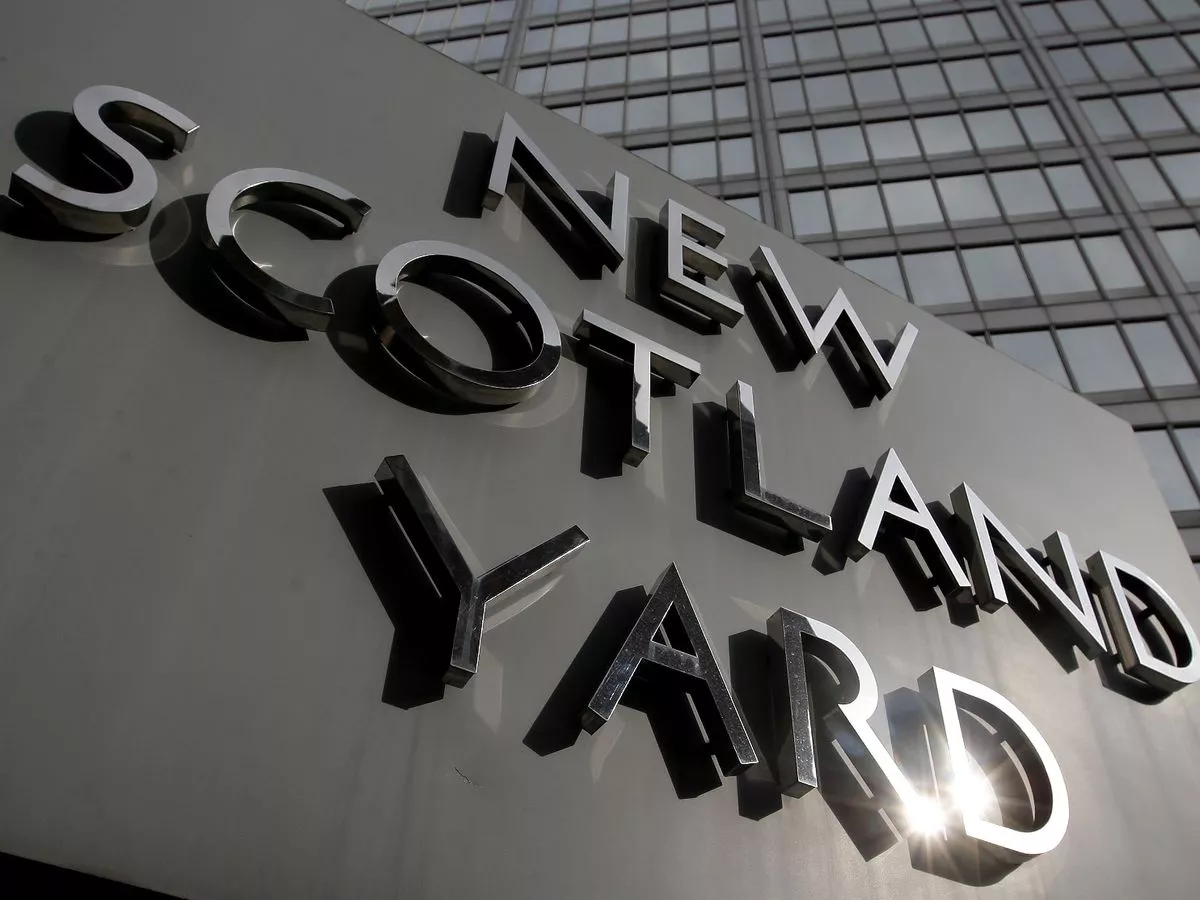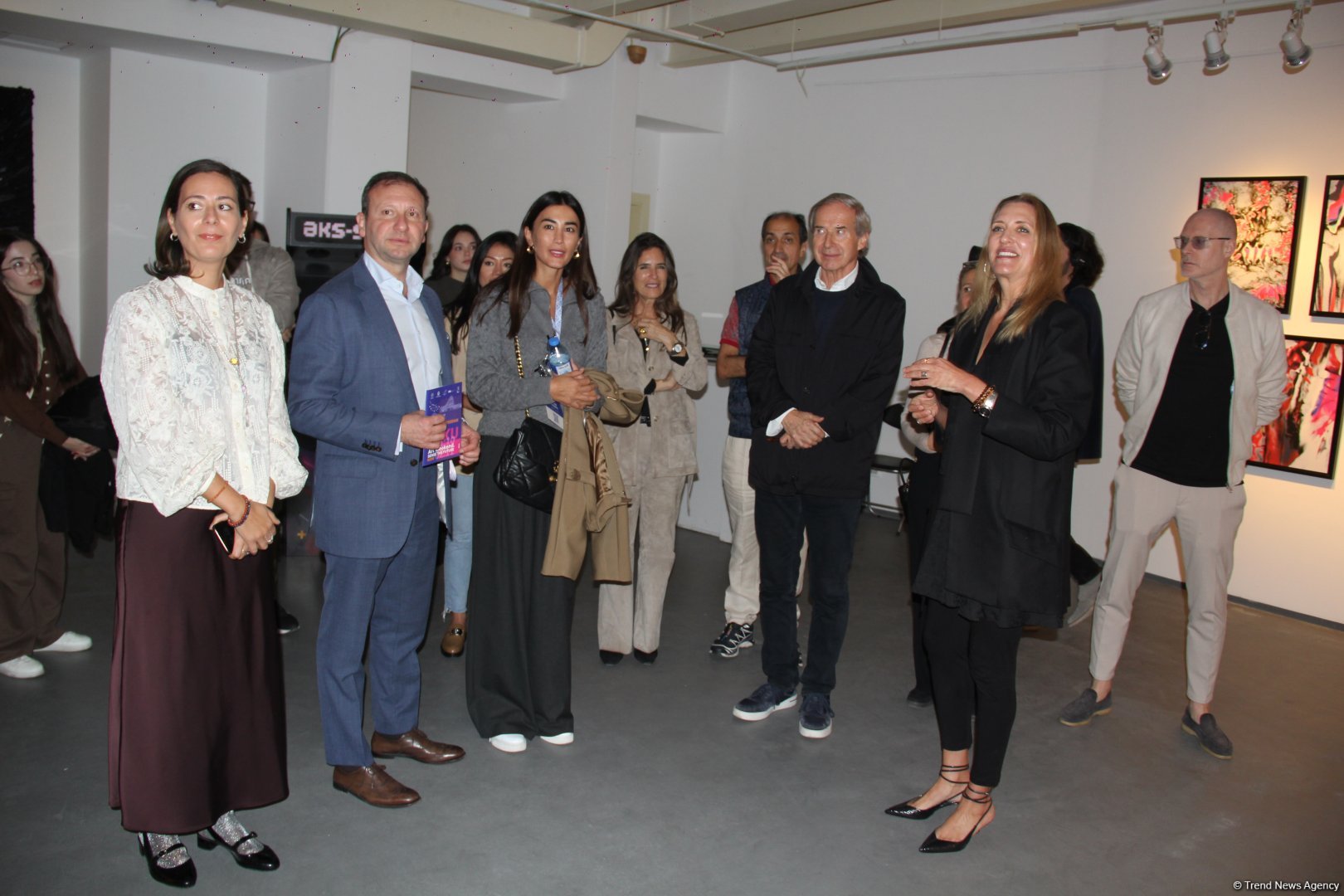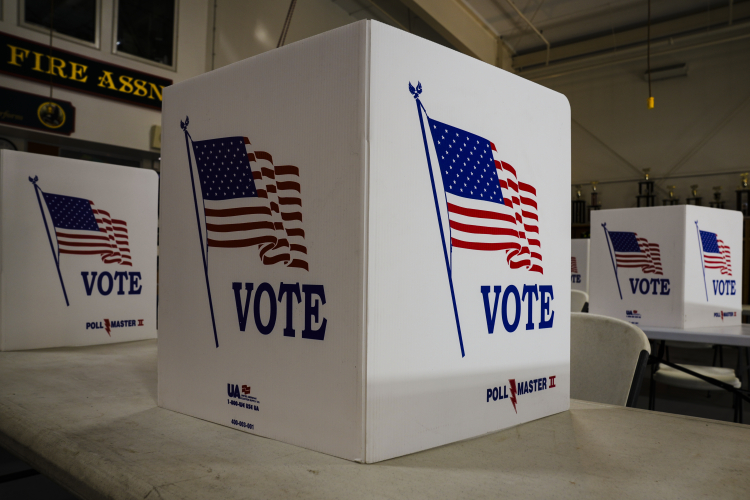Copyright mirror

Discrimination is "baked" into the Metropolitan Police , with top-to-bottom change needed to address it, a bombshell report has found. The review into systemic racism accuses Britain's biggest force of an "institutional refusal to see what was already known". Author Dr Shereen Daniels said that despite decades of reviews and promises, Black communities and staff are treated differently because of their skin colour. Dr Daniels' report states: "In the Met, skin tone becomes a proxy for perceived safety, competence, and compliance. Lighter skin is often unconsciously associated with trustworthiness or approachability. "Darker skin, by contrast, is more likely to trigger associations with volatility, aggression, or threat. These assumptions shape how Black people are treated, whether they are inside the organisation or encountered by it." She warned that Black children are "routinely treated as older, tougher, and more culpable than their white peers". Meanwhile Black officers are "structurally denied the authority to change the system that produces it". Accusing Met bosses of failing to listen, she wrote: "Because the truth is, it didn’t matter how many reports came before. How many case studies, datasets, or strategic ‘race’ plans. "The harm continued. Not because of a lack of evidence, even though the Met is swimming in data, but because of institutional refusal to see what was already known." She found darker skinned staff are "labelled confrontational" while lighter skinned employees may receive quicker empathy and leniency. The report, 30 Patterns of Harm: a Structural Review of Systemic Racism within the Metropolitan Police Service , warned that the force's aim to become an “anti-racist organisation” was being undermined by its own culture. The new probe concluded that the Met's leadership and culture are producing racial harm. Among the Black officers who have faced discrimination in the past was Carol Howard who featured on the Met’s posters for the 2012 London Olympics. The former Pc won a £37,000 payout in 2014 over her treatment after she said she was victimised as one of just two black officers on the diplomatic protection group. Nusrit Mehtab rose through the ranks to become the most senior Asian female officer in the Met, working in everything from undercover operations to counterterrorism. But she quit the force in January 2020, complaining of a "toxic workplace" with sexism and institutional racism. The Met denied the claims but in 2022, agreed to settle the case in court. Former Met detective Shabnam Chaudhri has said she fought against "the culture" in the force, which for her included racist abuse, until she left in 2019. The new report draws on more than 40 years of evidence showing how racism has shaped the Met's relationship with Black communities, officers and staff. It comes after a BBC Panorama undercover investigation last month exposed serving Met officers making racist and misogynistic comments. The Met commissioner, Sir Mark Rowley, has promised to renew efforts to tackle discrimination and referred to recent “significant progress” that the force has made. Scotland Yard said it welcomed the today's report and recognised the scale of the challenges set out. The latest examination of the force comes after Louise Casey's 2023 review, commissioned after the murder of Sarah Everard by serving Met PC Wayne Couzens , found the Met "institutionally racist, misogynistic and homophobic". Reviews dating back decades have criticised the Met for being discriminatory, including the 1999 MacPherson report following the murder of Stephen Lawrence that branded it "institutionally racist" over the investigation and treatment of the teenager's grieving family. Ms Daniels said: "Systemic racism is not a matter of perception. For almost 50 years, reviews of the Metropolitan Police have documented the harm experienced by black Londoners, officers and staff. True accountability begins with specificity. When institutions speak in broad terms of 'ethnic minorities' or 'diversity,' those most harmed disappear from view. "This work begins where harm is sharpest, because that is where structural change must start. Anti-blackness is the clearest indicator of organisational dysfunction. The same systems that sustain racial harm against black people also enable other forms of harm. Confronting this is not an act of exclusion but a necessary foundation for safety, fairness and justice for everyone. "For the Met, the challenge ahead is to build the leadership discipline to face what the report has revealed and act on its findings in a way that protects the public rather than the institution." Sir Mark said: "Dr Daniels' report is powerful. It calls out that further systemic, structural, cultural change is needed. I asked for a review focused on the Met and black communities which challenges us to go further in becoming an actively anti-racist organisation. London is a unique global city, and the Met will only truly deliver policing by consent when it is inclusive and anti-racist. "Initiatives like New Met for London and the London Race Action Plan are helping us make progress. The level of trust in the Met that black Londoners report is improving - by 10% in two years - but still lags behind others. "We remain committed to listening, learning, and acting on their concerns. Working with black communities and colleagues whose experiences are reflected in Dr Daniels' report, we will be applying the same resolve to go after the patterns of discrimination that show up in our operational work, and within the organisation by identifying and addressing their root causes." A Home Office Spokesperson said: “There is no space for racism and intolerance in our police, and Londoners must have confidence that their force is truly representative of the diverse communities it serves. “We support the Commissioner’s plan to turn the force around and rebuild its trust with officers, staff and the public. The scale of the challenge is great and it is clear there is still more progress needed. “We are committed to working with the Metropolitan Police as it undertakes necessary cultural improvements.”



